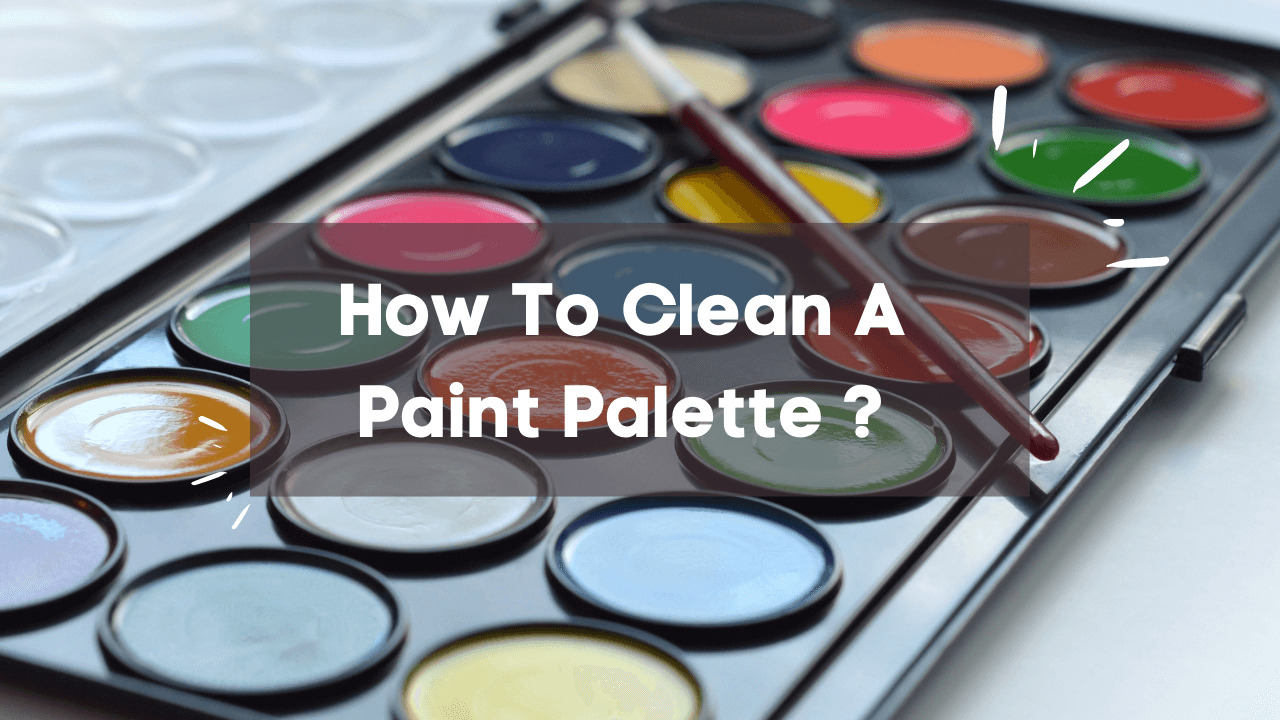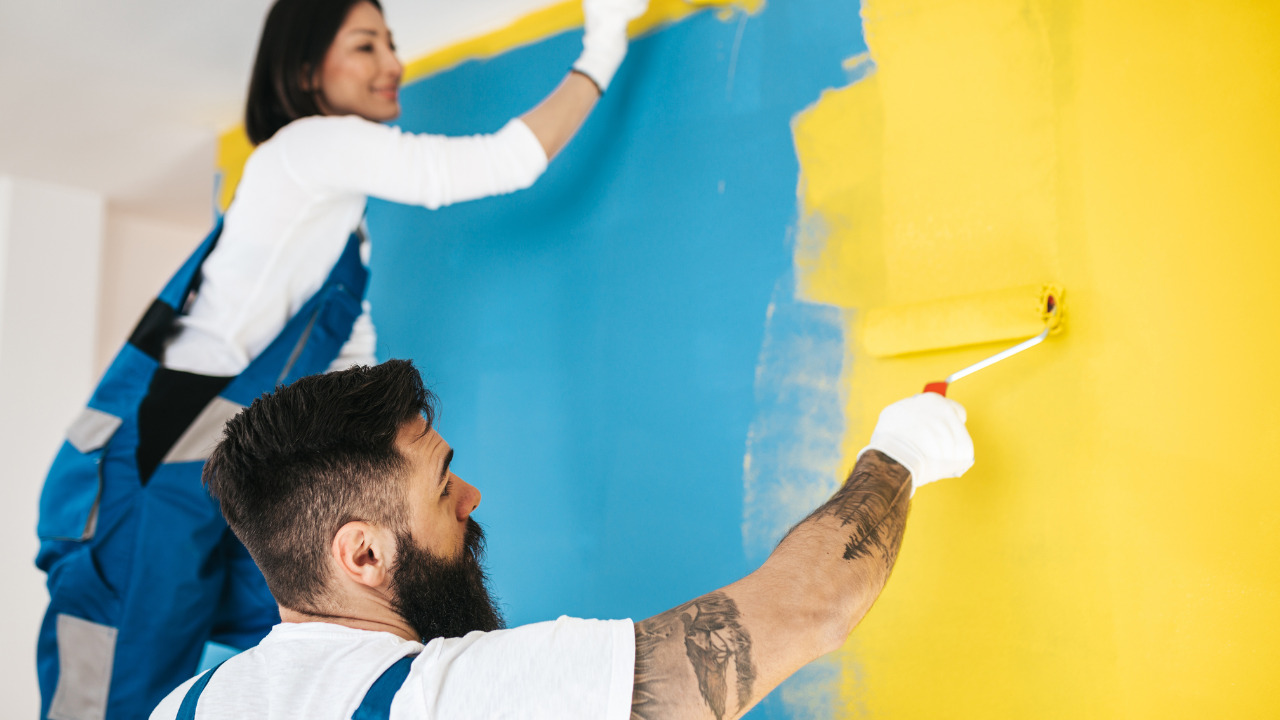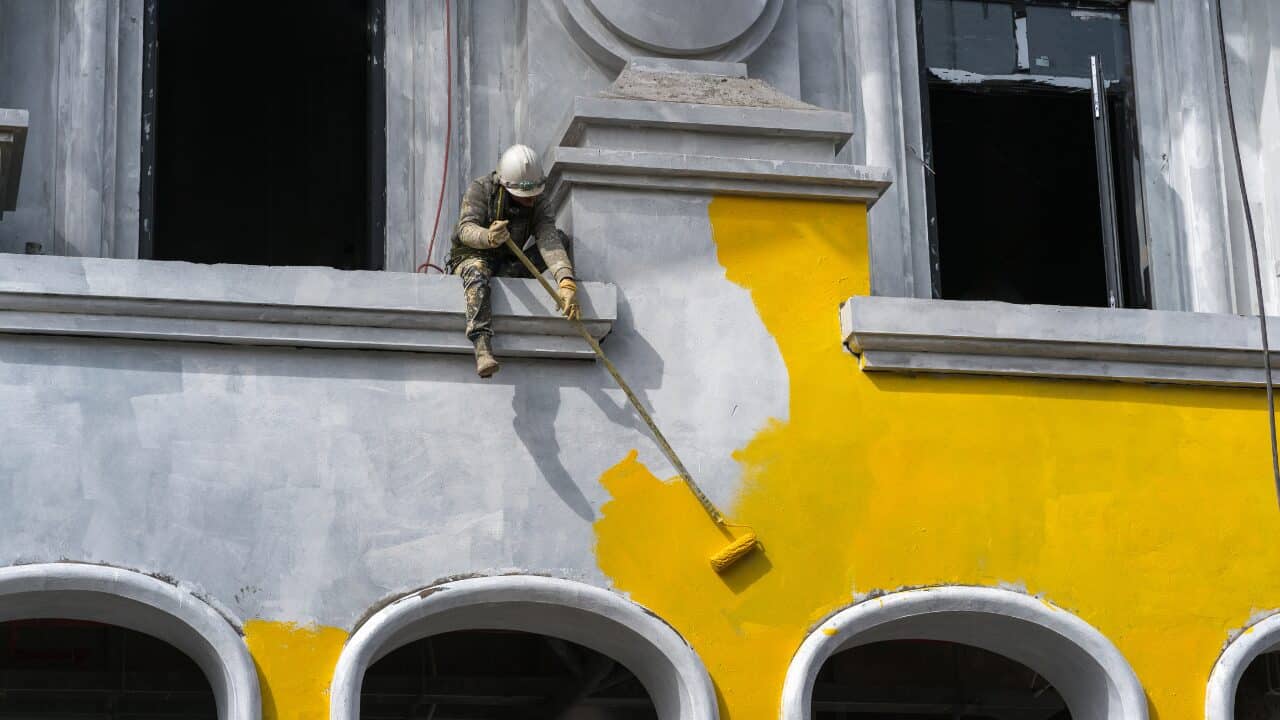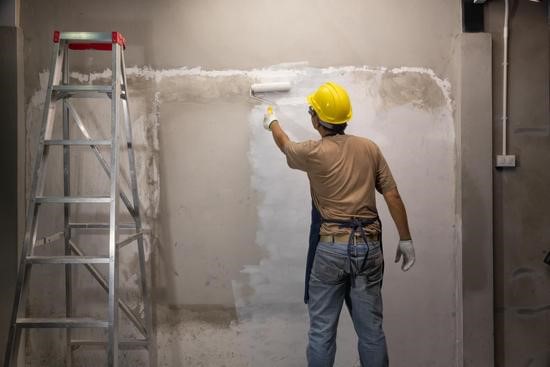For artists, knowing how to clean a paint palette is essential. If you don’t clean your glass paint palette properly, you won’t be able to see the colors clearly, which will make your paintings look wrong at best and muddy at worst.
Cleaning up after a painting endeavor is a time-consuming but vital element of art if you want to keep your materials clean and in good condition for as long as feasible. Don’t worry if you’re one of those artists that despise cleaning their palette. For you, we’ve compiled a list of instructions on cleaning an oil paint palette.
In this post, we’ve gathered instructions and approaches for cleaning your palette. So, if you dread cleaning your oily palette after a painting session, keep reading! We’ve got the best advice on making it simple, quick, and painless.
Table of Contents
A Few Considerations Before Cleaning A Paint Palette
Cleaning your painting pallet while the paint is still wet is the ideal time to accomplish it. Wet paint is easy to remove and dispose of. The paint can be removed off the surface with a moist cloth and some soap.
If you don’t want to pollute the sewage and taint the pipes, don’t dump the wet paint into the sink. It’s best to toss the used wipes in the trash, where they can be recycled more easily. You can use several cleaning strategies to remove wet and dried acrylics from your palette, depending on your palette and the state of your paint. So, let’s take a closer look at each method.
Ways To Clean Paint Palette
Place The Palette On A secure Table
Check that your palette is secure and will not slide around on the table. When teaching our students how to create a painter’s palette, we show them how to use duct tape to secure a huge piece of glass to a hefty board.
When the palette is being cleaned, this makes it more solid and weighs it down. As a result, ensure your palette is sitting on a dry surface and not moving around too much.
Clean The Paint Palette Right After Using It
Cleaning your palate as soon as possible after each meal makes sense, just as cleaning your dishes does. Yes, you may want to unwind and enjoy your painting, but this is a habit you should establish immediately.
Allowing oil paint to dry on your pallet makes cleaning it much harder. It’s considerably more difficult if you’re utilizing a wooden pallet. Oil paint penetrates the wood’s pores and adheres to it like glue! It may also destroy your pallet in some circumstances.
Make it a habit to clean your oil painting palette as soon as possible. It’s the simplest and most efficient method of accomplishing your goal. In addition, your palette will be ready to use when you’re ready to paint again.
Spray The Palette With Alcohol And Water
It’s enough to spritz a painter’s palette with water if it’s covered in acrylic paint. However, rubbing alcohol should be sprayed on the glass using oil paints. Allow a few minutes for the solution to sit. Scrape the paint off your palette with an X- Knife after the water or alcohol has softened the paint. Keep your hands out of the way as much as possible.
Scrape the paint from the glass paint palette with the razor. After you’ve finished cleaning, simply wipe it away with a cloth.
Soak The Paint Palette In Water
Soaking the palette in water will only work if you have a palette that can contain water without spilling. However, if your matte palette is small enough, you can simply set it inside another container and weight it down to keep it buried in the water.
Pour warm water over the dry acrylic paint until it is thoroughly saturated and put aside to soak. When the dried paint wrinkles, it’s time to remove it by hand or with a putty knife. The dried paint will come out easily after this.
Scrape Off The Paint
Removing acrylic paint from the palette using a scraper It’s the most time-consuming to clean, as it necessitates scraping off any sticky acrylic paint coatings with a putty knife. Simply use a sharp-edged tool such as a putty knife or a straight razor to scrape the paint glob off the palette completely. Continue doing so until all of the paint has been removed.
Use Leftover Paint To Create A New Palette
When you finish your painting, if you’re like most artists, you’ll have some paint left on your pallet. You can use a scrap of canvas and have a good time. Other artists collect all of the leftover paint and combine it. Then they tone their next canvas with the resulting blend.
Bottom Line
As soon as you’re through painting, wipe down your palette. The quicker the paint dries, the easier it is to clean. Start by scraping off any excess paint with a palette knife, then rinsing under hot water and rubbing any stuck paint with a sponge and some soap.
Hopefully, you found this list useful and that it provided you with the answers you needed. Until it’s time to sell or display in a gallery, your art will be secure with us in a storage container. In the meantime, remember to look after your palette.





